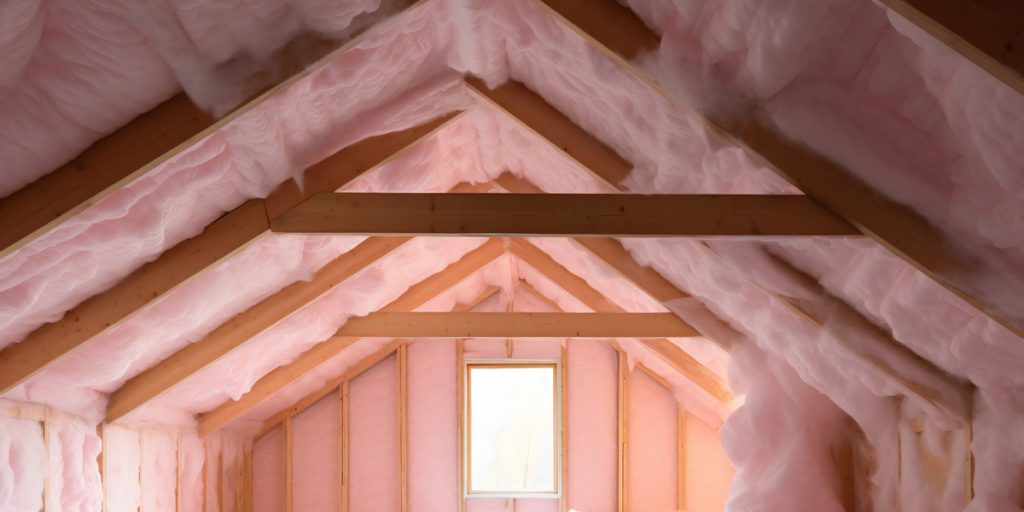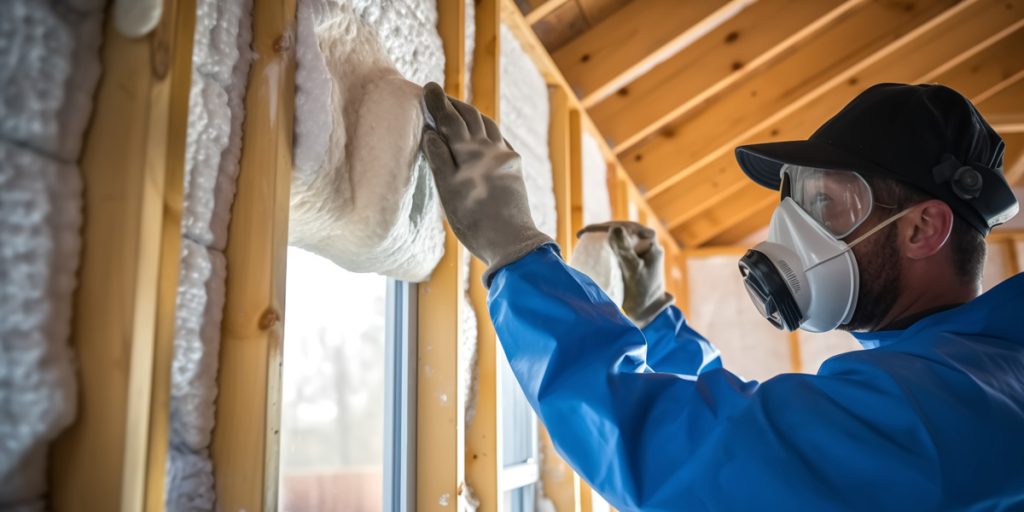The rising cost of living, including essential services such as gas and electricity, has increasingly led to households looking towards government grants and other forms of assistance. These grants can help families make necessary home improvements, manage their energy bills, and improve their overall quality of life. In the UK, a variety of grants and funding opportunities are available for low-income families, provided by the government, local authorities, energy companies, and charitable organizations. This comprehensive guide will explore the different types of free grants accessible to low-income families in the UK, how to apply for them, and the benefits they offer.
Understanding Free Grants
Free grants are financial aids provided by various organizations, including the government, to support individuals and families in need. Unlike loans, these grants do not need to be repaid, making them an invaluable resource for low-income households. Grants can be used for a wide range of purposes, including home improvements, energy efficiency upgrades, educational expenses, and more. For low-income families, these grants can provide significant financial relief and improve their living conditions.
Key Free Grants Available for Low-Income Families
- Energy Company Obligation (ECO) Scheme
The Energy Company Obligation (ECO) scheme is one of the primary initiatives aimed at improving the energy efficiency of homes across the UK. The scheme requires large energy suppliers to fund energy efficiency improvements for eligible households, particularly those on low incomes or in fuel poverty. The latest phase, ECO4, focuses on whole-house retrofits, including insulation, heating system upgrades, and the installation of renewable energy technologies.
Eligibility Criteria:
- Households receiving income-based benefits such as Universal Credit, Income Support, or Pension Credit.
- Households with a combined annual income of £31,000 or less.
- Properties with low energy efficiency ratings.
Benefits:
- Reduced energy bills.
- Improved home comfort and thermal efficiency.
- Lower carbon emissions.
How to Apply:
- Contact your energy supplier to check eligibility and apply for an energy assessment.
- The energy supplier or an approved contractor will handle the installation of energy efficiency measures.
- The Green Homes Grant
Although the Green Homes Grant scheme closed in March 2021, it previously provided funding to homeowners and landlords to make energy-efficient improvements. The scheme offered vouchers worth up to £5,000 (or £10,000 for low-income households) to cover two-thirds of the cost of eligible improvements, such as insulation, heat pumps, and double glazing.
Benefits:
- Lower energy bills.
- Reduced carbon footprint.
- Enhanced property value.
While the Green Homes Grant is no longer available, similar funding opportunities may arise in the future, so it is important to stay informed about new initiatives.
- Winter Fuel Payment
The Winter Fuel Payment is an annual tax-free payment provided to help older people cover their heating costs during the winter months. Eligible individuals receive between £100 and £300 depending on their circumstances.
Eligibility Criteria:
- Born on or before 25 September 1957.
- Living in the UK for at least one day during the qualifying week in September.
Benefits:
- Financial support for heating bills.
- Reduced risk of fuel poverty among elderly individuals.
How to Apply:
- Most eligible individuals receive the payment automatically.
- Those who do not receive it automatically can apply by phone or post.
- Cold Weather Payment
The Cold Weather Payment is a financial aid provided to eligible individuals when the temperature drops below zero degrees Celsius for seven consecutive days. Recipients receive £25 for each seven-day period of very cold weather between November and March.
Eligibility Criteria:
- Receiving certain benefits such as Pension Credit, Income Support, or Universal Credit.
- Living in an area where the temperature has dropped below zero for seven consecutive days.
Benefits:
- Financial support for increased heating costs during cold weather.
- Assistance in maintaining a warm home.
How to Apply:
- Payments are made automatically to eligible individuals based on weather conditions and benefit status.
- The Warm Home Discount
The Warm Home Discount provides a one-off discount of £150 on electricity bills for eligible households during the winter months. The scheme is designed to support low-income and vulnerable households.
Eligibility Criteria:
- Receiving the Guarantee Credit element of Pension Credit.
- On a low income and meeting your energy supplier’s criteria for the scheme.
Benefits:
- Reduced electricity bills during winter.
- Improved affordability of heating.
How to Apply:
- The discount is applied automatically for most eligible households.
- Some may need to apply directly through their energy supplier.
- Disabled Facilities Grant
The Disabled Facilities Grant (DFG) is provided by local authorities to help disabled individuals make necessary adaptations to their homes. The grant covers a wide range of improvements, including installing ramps, widening doorways, and fitting stairlifts.
Eligibility Criteria:
- Having a disability that requires home adaptations.
- Living in the UK and owning or renting the property.
- A financial assessment to determine the level of support.
Benefits:
- Improved accessibility and independence.
- Enhanced quality of life for disabled individuals.
How to Apply:
- Contact your local council to apply for an assessment.
- The council will arrange for an occupational therapist to evaluate your needs and recommend adaptations.
- Local Authority Grants
Local authorities across the UK offer various grants and financial assistance programs to support low-income families. These grants can cover a range of needs, from home repairs and energy efficiency improvements to emergency financial aid.
Eligibility Criteria:
- Varies by local authority and specific grant program.
- Typically aimed at low-income households and vulnerable individuals.
Benefits:
- Tailored support to meet specific local needs.
- Financial relief for essential home improvements and repairs.
How to Apply:
- Contact your local council to inquire about available grants and application procedures.
- Charitable Grants
Numerous charities and non-profit organizations provide grants and financial assistance to low-income families in the UK. These grants can cover a variety of needs, including household essentials, educational expenses, and medical costs.
Examples of Charitable Organizations:
- Turn2us: Offers a searchable database of charitable grants and financial support.
- The Family Fund: Provides grants for families raising disabled or seriously ill children.
- The British Gas Energy Trust: Offers grants to help with energy debt and household essentials.
Benefits:
- Additional financial support for various needs.
- Access to resources and advice from charitable organizations.
How to Apply:
- Visit the organization’s website or contact them directly to learn about eligibility criteria and application processes.
How to Maximize Access to Free Grants
To maximize access to free grants and financial assistance, low-income families should consider the following steps:
- Stay Informed
- Keep up to date with new and existing grants and schemes by regularly checking government websites, local council announcements, and charitable organizations.
- Seek Professional Advice
- Organizations like Citizens Advice can provide guidance on available grants and help with the application process.
- Combine Resources
- In some cases, households may be eligible for multiple grants. Combining resources from different grants can provide comprehensive support for home improvements and other needs.
- Prepare Necessary Documentation
- Ensure you have all required documentation ready, such as proof of income, benefit statements, and property details, to streamline the application process.
- Network with Community Organizations
- Local community organizations often have information about available grants and can provide additional support and resources.
Conclusion
Free grants for low-income families in the UK offer vital financial assistance for a range of needs, from improving energy efficiency and reducing utility bills to making essential home adaptations. By understanding the available grants, eligibility criteria, and application processes, families can access the support they need to improve their living conditions and financial stability. It is crucial for low-income households to stay informed about new and existing grants, seek professional advice, and leverage multiple resources to maximize the benefits of these valuable programs.



